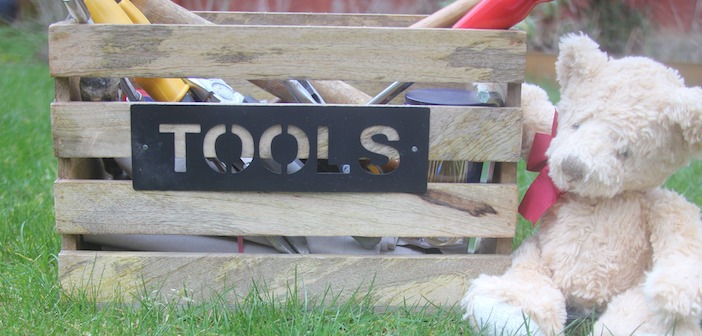Everybody wants kids that are well – behaved and get along at home and at school. We often talk about discipline. It’s a confusing term. Many of us don’t want to repeat the same authoritarian style of parenting that we had, but we do want well-behaved children who are respectful and take responsibility for their part on school and family life. Some parents go too far in permissiveness, determined to be different, and some fall back into patterns they fundamentally disagree with out of desperation or frustration in the moment. Being a parent would be so easy if we didn’t have to deal with our own childhood in the process!
We are all busy, we are all trying our best. We just need tools. We need tools that are simple and easy to remember. So here’s a very small tool-box that may be easy to remember, a little harder to implement but hopefully worth the effort in the end.
Think Long – Term. Childhood is all about learning. We learn to walk, talk, and handle our bodily functions within a few years. It’s a lot. Children cannot learn social contracts and responsibility overnight. They have impulses which are sometimes stronger than their desire to please adults. Their pre-frontal cortex (in charge of functions such as reasoning, logic, impulse control and problem solving) is not fully developed until well into the 20’s. Not only that, young children’s brains are rapidly developing but it takes many, many repetitions for them to fully grasp new concepts and develop strong neural pathways. Whatever habits and behaviors you hope to cultivate in your child, be assured it’s going to take lots of practice to get there. If they don’t have it down yet, they may just need more time.
Think of Needs. Whenever considering whether to flip out or panic at some utterly nonsensical and frustrating behavior your child displays, try to stop and consider needs. Why is she doing this? What need does she have? Is it a demand for independence? A cry for attention? Is she tired/hungry/sad? Whenever possible, try to meet the need calling out under the behavior. This seems like exactly the wrong thing to do intuitively at first, but it’s actually a long – term answer. Give your child as much independence as possible and help only when necessary. Arrange your time to make room for this. Dig for and acknowledge their needs in the moment, and make a plan for meeting them if RIGHT NOW is not the time to do so (and tell them the plan). Give them encouragement, down-time, and hear them express themselves.
Be Fallible. Another seemingly unbelievable but golden tool is to actually find ways to show your child you don’t know everything all the time. Sometimes we react to a situation because of our own upbringing, pressure from others, or just pure frustration and later realize we have made a mistake. Be honest with yourself and your child. Apologize when you’ve stepped over the line. Talk through things, be willing to examine their perspective, and be willing to change your mind. Children can learn real life skills when they see adults who can make mistakes, recognize them, and then work to repair the damage or solve the problems. They will grow into adults with the same traits.
Be True. This one is so simple and so difficult to realize. Simply stated, if you say you will do something, do it. If you set a boundary, stick to it. Say what you mean, without using punishments or rewards but with knowledge of your own limits and boundaries. Let natural consequences happen. If your child has used all their playtime to clean their room, so be it. Don’t change the rules to appease your child. Change rules when you have a change of heart, be honest about it and explain why. Don’t use false statements, promises, or scary stories to convince your child to do or not do something. And unless you personally saw someone get an eye poked out in that particular situation, don’t tell them it will happen! (I’ve asked this question many times to large groups of adults and only once did someone say they actually saw an eye POKED OUT. I still don’t really believe it.)
That’s it! There’s at least one gazillion other nifty tricks to helping children become truly disciplined humans, many of them excellent. But I personally think that if we can master these four basic tools, we are on the way to raising truly disciplined children, not to mention cultivating real inner discipline in our own lives.




